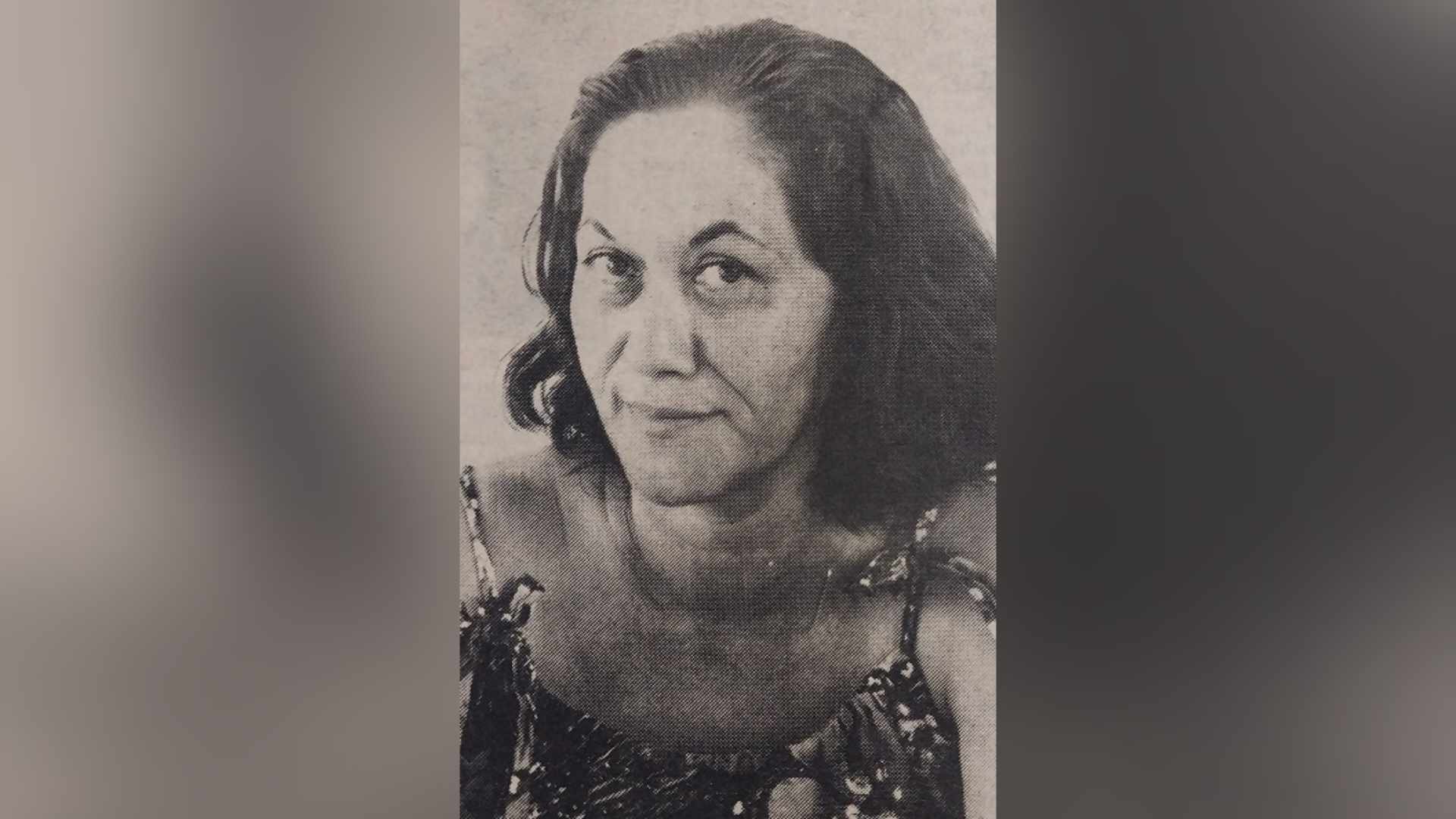Books about the Pacific culture were not so readily available in the past. However, over the years the region has had individuals who dedicated their lives into promoting and writing Pacific literature.
An article published by The Fiji Times on March 15, 1980, was about one such person, a Majorie Crocombe, who talked about her role of supporting writers and pushing out Pacific literature in the region.
Majorie had always been fascinated by Pacific people, their history, culture, writing and helping others to write.
She was the program co-ordinator of continuing studies at the Extension Services of the University of the South Pacific and worked on the Mana publications.
She edited most of the articles. “Most of us are the staff of USP,” she said.
Their continued contribution has brought about numerous books and magazines of short stories poetry. The publications was made possible by grants provided by the Australian Government.
As a co-ordinator of programs, Majorie’s role was to provide resources and staff to various centres of the region.
“Recently, two more centers have opened in the New Hebrides and the other is Tuvalu – bringing it to nine centres in the 11 countries of region, including Fiji.”
Majorie was involved in wide ranging activities which would call for frequent visits to all the centres where workshops were held for courses and seminars.
“I also help in the publication of books in that region.
“Here, satellite programs become useful. I can talk twice daily to the directors of the centres and carry on discussions on various subjects.” Majorie said the Cook Islanders lost the art of tapa making about 100 years before the publication of the article.
“I have a workshop project going in the Cooks, mainly for women who are working towards the revival of tapa making.”
Niue was another island where Majorie started reviving tapa making. Majorie was from the Cook Islands and went to school in New Zealand.
She was a graduate of the Auckland Teachers Training College. She returned to the Cooks and taught for five years.
In the meantime she met Ron Crocombe, who had resigned from the Cook Islands government to go to the Australian National University to study for his doctorate of philosophy.
“I tried to go to Australia but it was very difficult for Cook Islanders to get there, so a year later Ron and I met in New Zealand and got married,” she said. Ron proceeded to Australia to continue studying.
“I joined him in the second half of his three-year study course in Canberra.”
During her 18 months stay, Majorie did not waste any time and she got down to writing.
“Ron’s supervisor found Cook Islands and Maori manuscripts which required translation and I wrote about 100 pages which turned out to be a Cook Islands history book called ‘Works of Taunga’,” she said.
With her husband and his supervisor, Majorie worked on a children’s book to be used in Cook Islands schools.
“At that time the USP was not envisaged, so I only concentrated on the Cook Islands.”
After graduating in 1962, Ron became the director of the Australian National Universities Research Unit in Port Moresby, New Guinea. Majorie began teaching at the Teachers and Administrative College and also ran a 20-minute radio program on the Australian Broadcasting Commission in Port- Moresby of news item, interviews and music. On a part-time basis, Majorie took up a BA study at Papua New Guinea University.
In 1969 she and Ron arrived in Fiji when Ron became Professor of Pacific Studies at the University of the South Pacific.
“I continued my BA study with the first group of students and graduated in 1971.”
Again, Majorie studied for her master’s degree in history.
“I spent four months in New Guinea and the rest of the studies were done at home.”
In 1975 Majorie joined the USP as lecturer in adult education at the extension services which later became known as Fiji Centre and she was director of the centre for three years. When it became a full centre for extension services, she became the co-ordinator of the programs.
“This centre provides a wide ranging field of degree courses, by correspondence, language and studies in as many subjects as people are interested in.”



